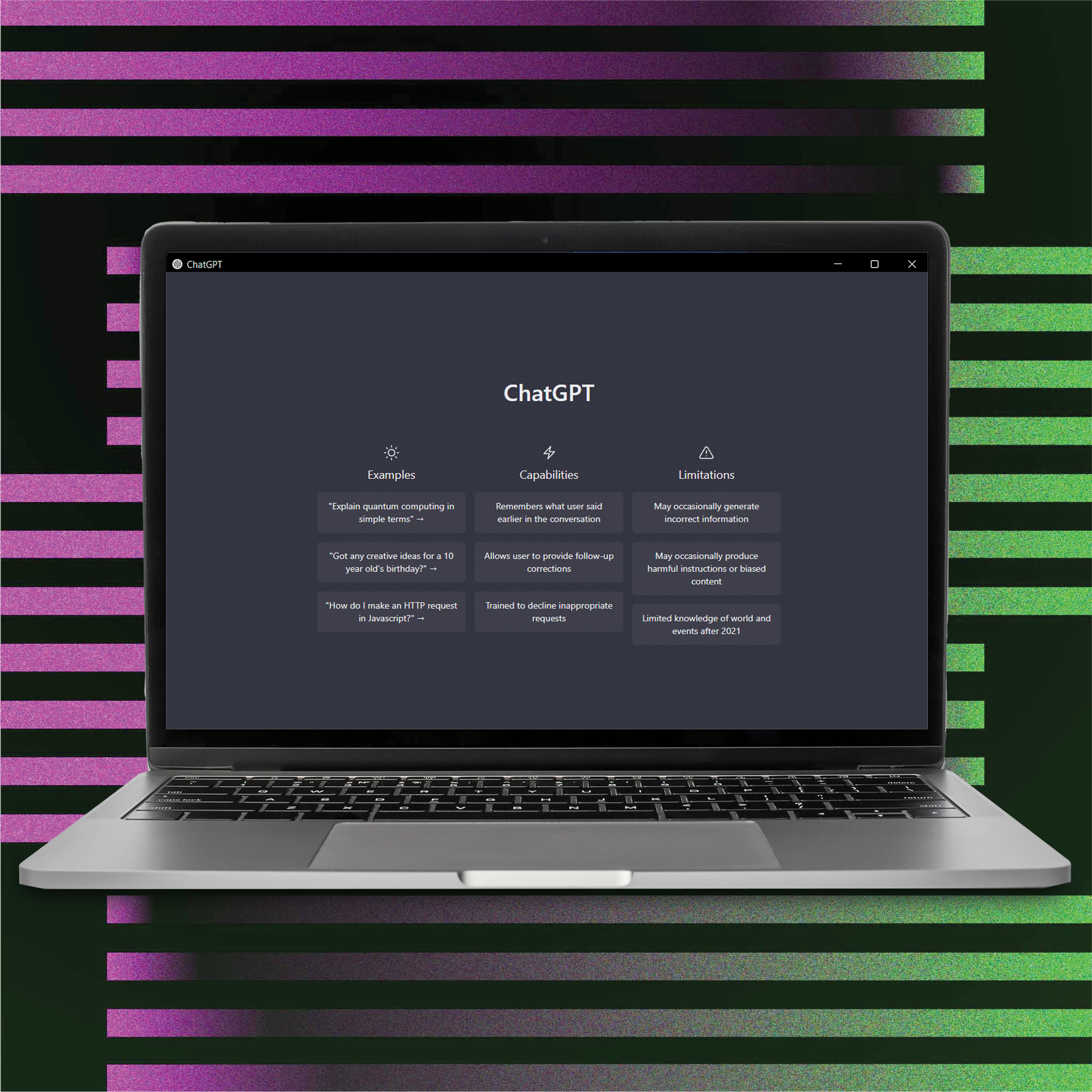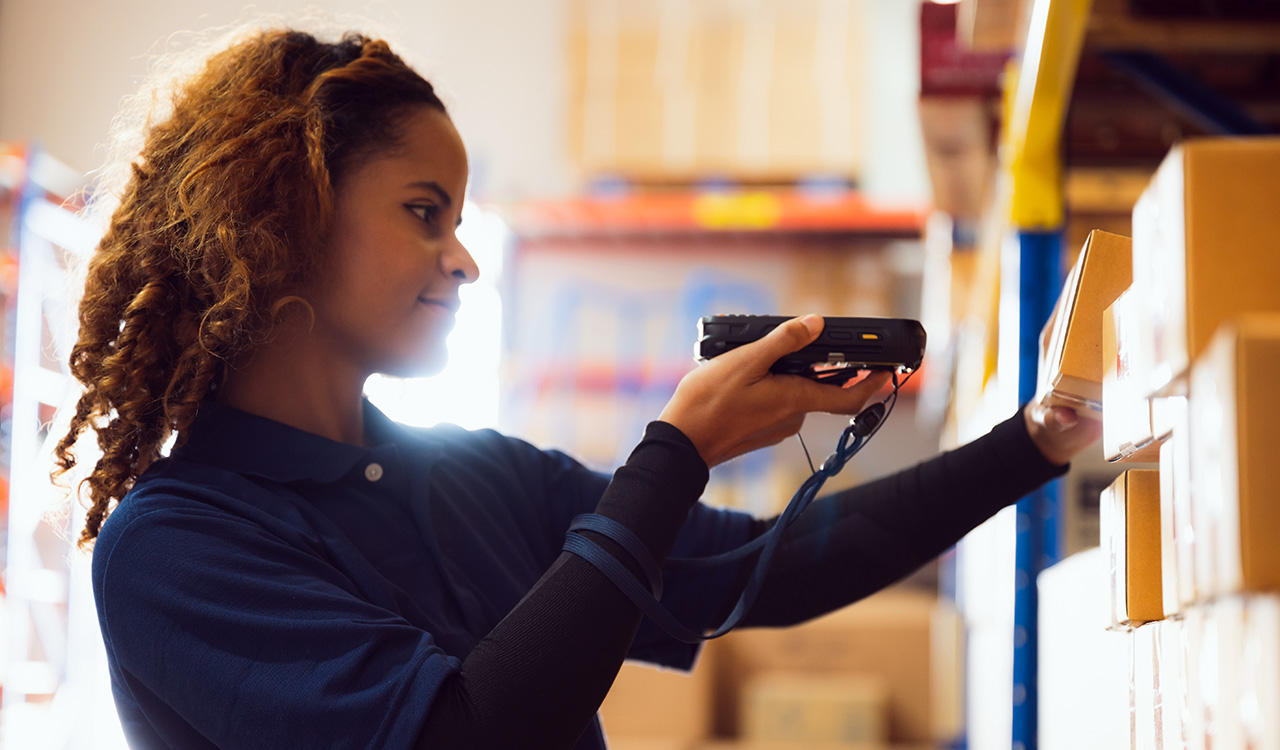It’s not an easy time to be a marketer or PR professional, particularly in the retail sector. Despite years of denial in which communicators wantonly dismissed the reality that increasingly sophisticated AI seemed to be slowly yet determinedly encroaching on their core skill sets – namely copywriting, wordsmithing and poeticizing the virtues of their brands and the products they sell – OpenAI’s release of ChatGPT last November provided the most convincing glimpse yet as to how these new, revolutionary generative natural language technologies will upend the apple cart when it comes to the traditional marketing, communications, and public relations functions in Big Retail.
Not embracing and becoming comfortable with the power of ChatGPT would be tantamount to dismissing the importance of learning how to operate Microsoft Windows in the mid-1990s. These new skill sets will have massive implications for how digital marketers approach SEO and SEM, as retailers begin optimizing their websites and mobile apps for natural language queries.
Let’s Chat
Microsoft-backed ChatGPT (which stands for Chat Generative Pre-trained Transformer) is still in its embryonic form, but already competing technologies from Google’s Bard and others are likely to create a natural language arms race in Silicon Valley where the end result is an array of intelligent, computer-generated language tools that will eventually become indistinguishable from that of college-educated adults. How far off in the future lies this human-ish AI-dominated communications time horizon is a subject of much debate, but in just the few months since the release of ChatGPT this much is true: it’s a hell of a lot closer than most people expected. And with retail execs looking to trim fat and shore up margins, while providing ever closer, personalized customer experiences, natural language AI seemingly couldn’t have come too soon, albeit much to the chagrin of many a retail industry copyeditor and PR gunslinger.
Corporate Chat
Already, retailers are using ChatGPT to provide personalized product recommendations and offer bespoke promotions to customers based on their preferences, purchasing history, and personal profile. And it’s not just traditional retailers like Target and Macy’s that are said to be experimenting with the new tech.
- Take ExxonMobil, for example. The company recently launched an app called Speedpass+ that allows customers to pay for gas and other items using their mobile device. It includes a ChatGPT-powered bot feature that answers questions about the gas station and provides directions and other topical information. Although it’s still early days, retail industry pundits have pointed to the app’s success as already having made significant inroads in increasing brand loyalty and driving engagement among customers.
- Gas stations and convenience stores aren’t the only ones to have hitched themselves to the ChatGPT bandwagon – supermarkets are also exploring the use of this new tech to improve customer communication. Kroger, the largest supermarket chain in the United States, has taken its popular AI-powered Chefbot virtual helper that provides sundry cooking tips, recipes, nutritional information, and, of course, help with grocery shopping. It is reportedly using ChatGPT to improve its natural language conversational style. According to insiders at Kroger, ChatGPT is helping Chefbot provide information about ongoing promotions, coupons, and upcoming deals in a syntax, vernacular, and delivery style that is more “neighbor next door” than Max Headroom.
- But Kroger is not alone in its excitement around using ChatGPT to enhance its customer communications in the retail grocery space. French mega retailer Carrefour is also experimenting with Chat-GPT and generative AI to create videos answering common customer questions, such as how to eat healthier for less, according to the company’s ecommerce chief. Pharmacy retailers like CVS are also getting in on the game, testing how ChatGPT can be used to provide medication reminders, answer questions about prescription drugs, and provide information about health and wellness.
- H&M, Walmart, and Best Buy and several other Big Box retailers are also rumored to be in experimentation mode with ChatGPT, trying to figure out how the new tech can be leveraged to better understand customers’ intent and then provide an even more personalized experience in response.
- Amazon, the ultimate heavyweight of the retail space, has so-far stayed mum on whether it is playing with ChatGPT as a communication tool behind the scenes or if its skunkworks are birthing a competing product of its own. (Either way, already the company has already embraced ChatGPT in a completely different form by taking to hawking ChatGPT-authored books on its ecommerce platform – already more than 200 titles on Amazon list ChatGPT as an author or co-author.)
ChatGPT as Marketer in Chief
Although so far most of the use of ChatGPT in retail can be chalked up to behind-the scenes testing and tepid public experimentation, there is some speculation that the HR impact of this new tech will eventually begin shifting headcount from the CMO’s department to that of the CIO. Others hypothesize that perhaps this new technology will engender a sort of melding of these two traditionally distinct corporate disciplines – IT and Marketing Communications. Either way, this much is true: Marketers, copywriters and PR professionals will need to learn how to effectively leverage ChatGPT and other competing technologies to enhance the way in which the brands they work for relate to customers in an increasingly intuitive and customized fashion. Not embracing and becoming comfortable with the power of ChatGPT would be tantamount to dismissing the importance of learning how to operate Microsoft Windows in the mid-1990s.
These new skill sets will have massive implications for how digital marketers approach SEO and SEM, as retailers begin optimizing their websites and mobile apps for natural language queries to take advantage of the benefits of ChatGPT, a move that portends a shift to creating high-quality content that is optimized for natural language queries. The same can be said for social media, where customers will begin to see stark differences among the different chat functions serving different retailers.
So, marketers, although it’s not all gloom and doom if you happen to be midway through a 40-year career in retail marketing, the release of ChatGPT will no doubt go down as a watershed moment in the sector and one deserving of your attention. Like any disruptive technology that has forced widespread changes in the past, the advent of ChatGPT is one of those breakthrough moments that will compel marketers to learn to employ an entirely new skill set.
And for those who resist, well, they may very well soon find themselves sitting on the sidelines.




